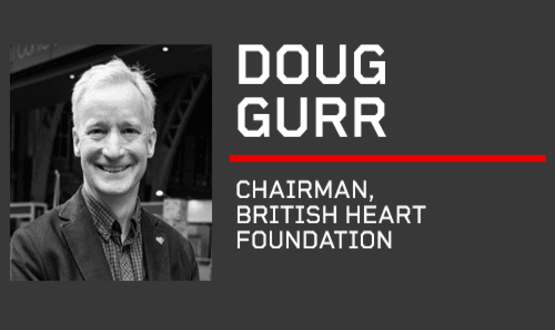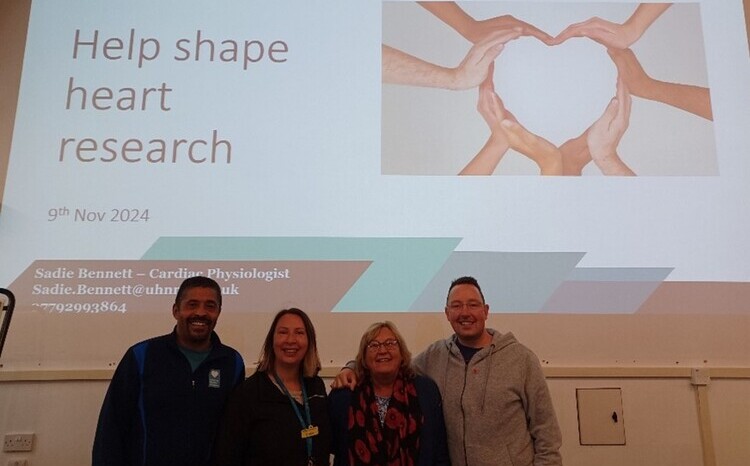Chair of BHF says data science will ‘transform’ health

The chairman of the British Heart Foundation (BHF) has told Digital Health Rewired that data science will be “transformational” in the healthcare sector.
Doug Gurr said that realising the promise would depend on five key prerequisites.
“You need great medical scientists, you need great data scientists, you need high quality data sets, you need consent and finally you need money,” he told the audience in London.
If these building blocks can be put in place, Gurr said, then the NHS will become a world leader in preventative medicine.
The BHF is putting data science at the centre of its work, according to Gurr.
“We’re seeking to transform global medical practice by using data science to predict the onset and development of disease and the response to treatment to enable earlier, better targeted, preventative interventions,” he added.
“The more we can move upstream to earlier intervention the more we have a chance of making those earlier, probably cheaper, interventions.
“I genuinely hope you are as excited as the future as we are. We think this [data science] will be transformational. We think it will have an incredible impact on clinical and medical outcomes, not just in cardiovascular disease but in all disease classes.
“We think the UK can genuinely lead the world in this space. It will be hard and it will only work if we all get together.”
He urged frontline clinicians to embrace innovation.
“People will only adopt things if they can see it working, so we have to get out there and show that it works,” he added.
“We need someone who says ‘I’m willing to take it into my hospital, my surgery, my clinical practice and give it a go’.”
The British Heart Foundation has recently provided funding to the University of Cambridge to develop a machine learning tool that helps predict a person’s risk of heart attack or stroke.
It’s one of several projects to share in £550,000 worth of funding, jointly provided by The Alan Turing Institute, for projects aiming to transform how we diagnose heart and circulatory conditions.
Earlier in the day Dr Ben Goldacre argued data analytics in healthcare is fundamentally broken and mistakenly focused on academic pursuit rather than actionable insight.




